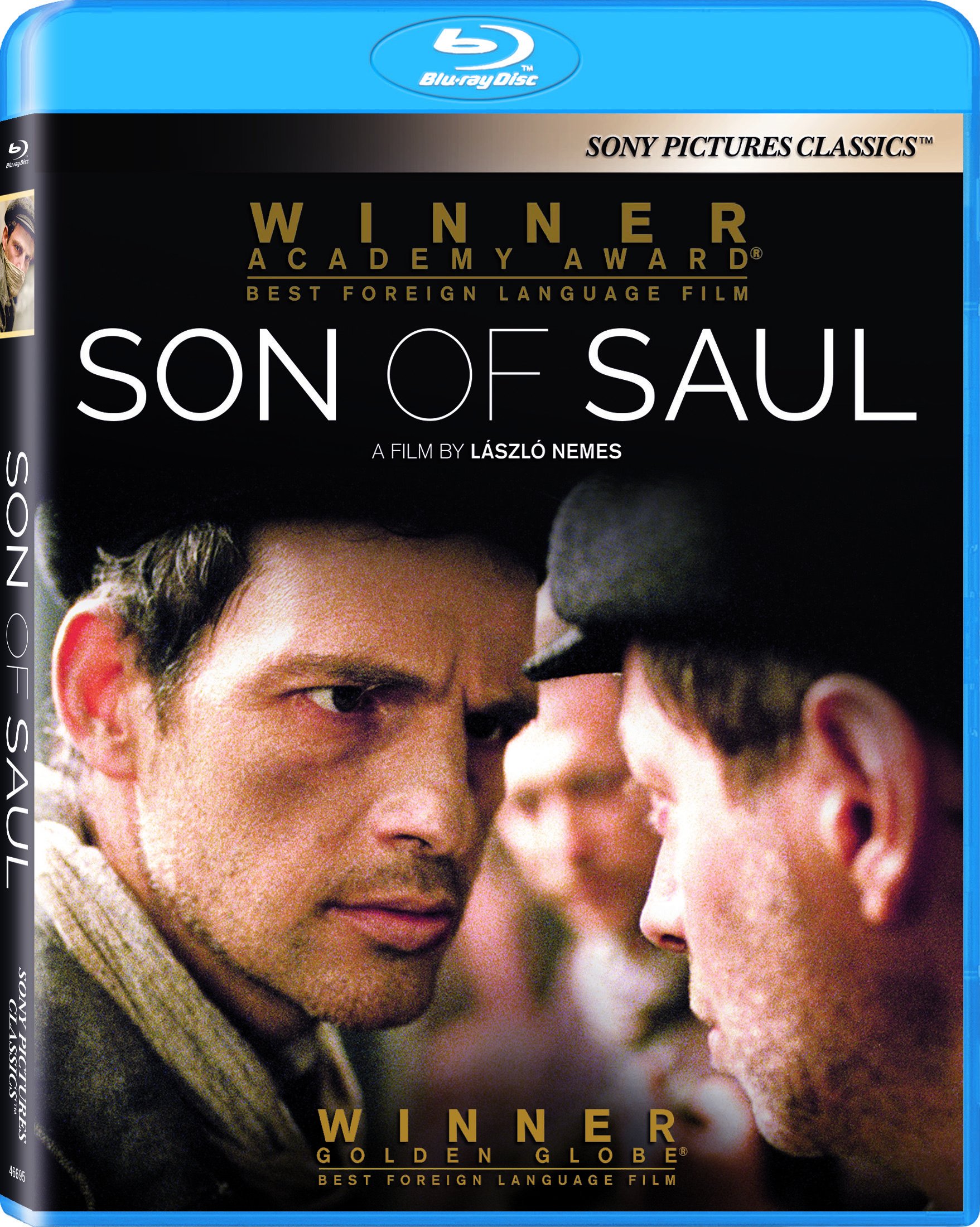
It seems as though filmmakers have already explored every devastating aspect of the Holocaust, examining the horrors of history from every possible angle. But the Hungarian drama Son of Saul (Saul fia) manages to offer yet another disturbing new perspective on life within the concentration camps.
Son of Saul tells the gut-wrenching story of life in Auschwitz in 1944. Hungarian Saul Ausländer (Géza Röhrig) is a member of the camp’s Sonderkommando, or secret keepers—those who do the camp’s most horrific jobs before being executed. Aware that their time is almost up, the rest of the group is planning their escape. But Saul becomes focused on one task: saving the body of a boy whom he takes as his own son and finding a rabbi who will help him give the boy a proper burial.
Though Saul’s attachment to this dead boy is moving and heartbreaking, it isn’t necessarily the story itself that makes Son of Saul so unsettling—it’s everything going on around him. It’s the fact that Saul is one of a group of prisoners who are assigned to corral their own people into the gas chambers, go through their belongings, and haul away the corpses. Day after day, they go about their work as if it were just another job, forced to remove themselves from the reality of the situation, dehumanizing the process by referring to the victims as “pieces.” And that’s what makes Saul’s quest so perplexing to the others. No one wants to look at the victims—to think of them as anything other than trash to be thrown out—but Saul becomes determined to show just a bit of humanity in these inhumane conditions.
Everything here is dark and murky and claustrophobic, with close-ups of Saul that artfully blur the background images. But while that may seem like a way to filter out the horrors, keeping the worst parts out of focus, it makes for a completely different experience. The blurred suggestions are gut-wrenching enough—and, at the same time, the filmmaking style allows viewers to notice other things, especially the sounds: the noise, the talk, the screams, the crying. It’s disorienting—and disturbing.
Through it all, Saul goes through the motions, showing no emotion as he uses his position to move from one work group to another in search of a rabbi. It’s not always easy to follow his story—or to understand how he seems to be able to come and go unnoticed. But the overall effect is absolutely chilling.
Son of Saul is a difficult but striking drama, offering an unforgettable perspective on the Holocaust. It’s a painful film to watch, but it’s one that you won’t soon forget.
Listen to the review on Reel Discovery:


